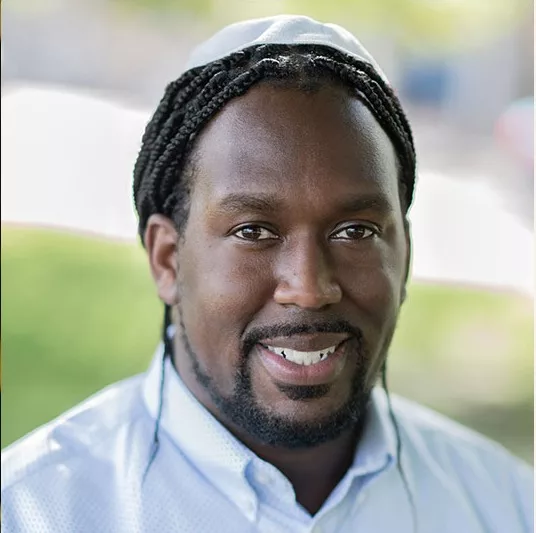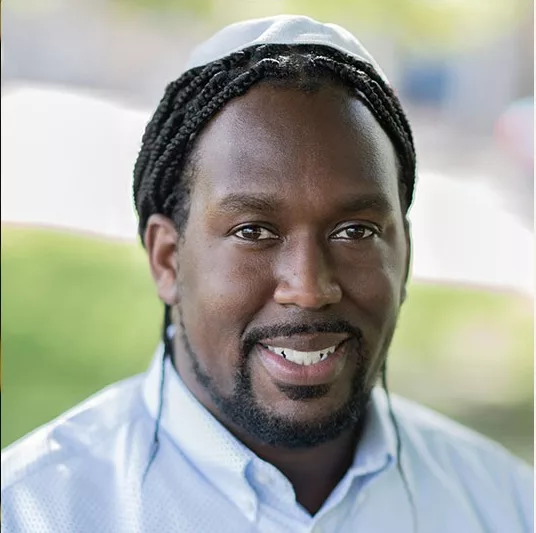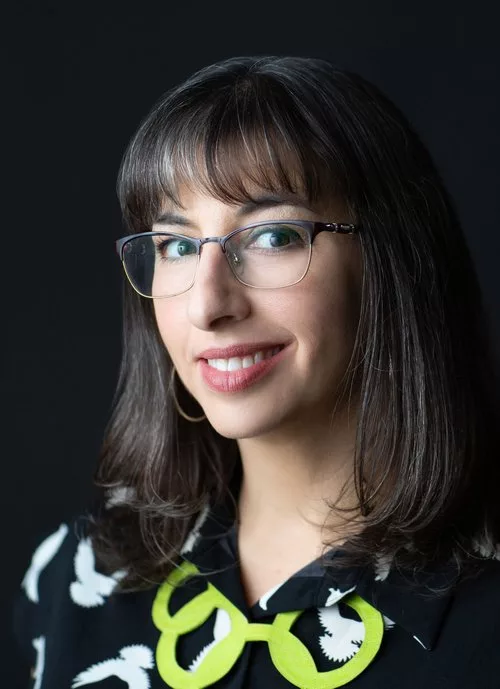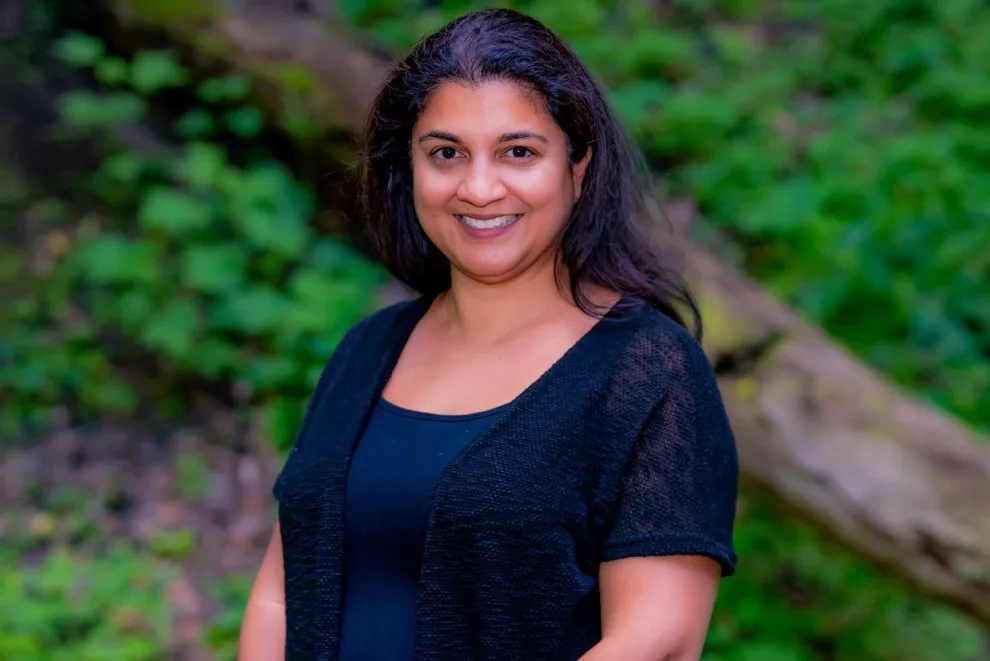Forgiveness in the TikTok Era

How do we talk about teshuvah/forgiveness/redemption in a world where both mistakes and transgressions are very public and responses to them are fast, public, and often black and white.
When our mistakes are visible publicly, they have an impact that goes beyond our immediate relationships. How can we ask forgiveness, and address the harm that we have caused to those from whom we cannot seek individual forgiveness?
We posed this question to a variety of educators and experts, and here is their advice on how to move forward, seeking repair!

Tony Westbrook, Jr., Director of Jewish Service Learning at Repair the World
Former Assistant Director, Hillel at Washington University in St Louis
https://www.instagram.com/frumjewishblackboy/
Tiktok: frumjewishblackboy
When our mistakes are publicly visible, we must model what it means to be vulnerable and humble enough to say, “I’ve messed up, this caused harm in my community, I own it, and I’m sorry.” Forgiveness is challenging. To ask for forgiveness is a radical act of accountability and vulnerability. It’s radical because it forces us to think beyond ourselves and to think about the harm, whether intentional or unintentional, we have caused others. In this moment, it also requires us to recognize that the harm may be beyond repair, but the onus is on us to try and engage those we’ve harmed by asking forgiveness. If we don’t try, then it is as if we are engaging in the harmful behavior all over again. We can make posts on social media, we can write an op-ed to our local papers, we can write apologies in the sky – none of this will matter if we haven’t done the deep act of owning our mistake before reaching out to those we’ve harmed through our actions and words.

Rabbi Danya Ruttenberg, Rabbi and Author
Scholar in Residence at the National Council of Jewish Women
https://www.onrepentance.com/
https://twitter.com/TheRaDR
First of all, let’s use the word harm, not mistake. Impact matters, not intent. In any case, owning harm must be proportionate to that impact: publicly-seen harm requires a public confession, a public owning of one’s actions. (If the harm happened in an online group, say, it must be owned at least in that space.) If there are specific victims, restitution must be made in consultation with them, but should be broader than simply to those victims – they must, additionally, make amends through work that addresses the larger cultural impact in some way. If there are no specific victims, e.g. if one perpetrated a harmful idea online, then restitution must involve offering time or money or talents towards positive change on that issue. The work we must do to transform ourselves, to offer apologies, and to ultimately make different choices must, likewise, account for the impact, both broad and, if relevant, specific.
Listen, I cause harm in public all the time. It’s true. And then I clean up my mess. Take responsibility immediately, do the work, try to learn from it and do better–and I promise, it’ll be OK. This is part of walking the path of being a mensch (a decent person), and you can do it.

Judith Moses Dworkin, Vice President, Campus Life and DEI Initiatives, Hillel Ontario
The first step is to realize that you have caused harm. The second step is to figure out how to do better going forward. When we don’t know who has been harmed, we can hope that the audience has their own network that can support them. A blanket message asking for forgiveness might be a good alternative to individual forgiveness in the hopes that it will reach the people it caused harm to. However, it is not enough. Learning from your mistakes and learning how to do better next time so as not to cause harm again are tools within your power. Use those tools and seek out opportunities to undo harm even if it’s not the same audience. You still have the power and social networks to spread good messages. Sometimes our mistakes can teach us powerful lessons. Use these lessons to make the world a better place.